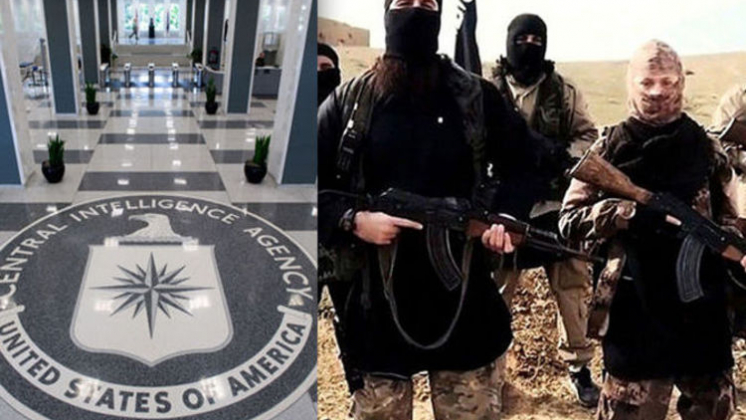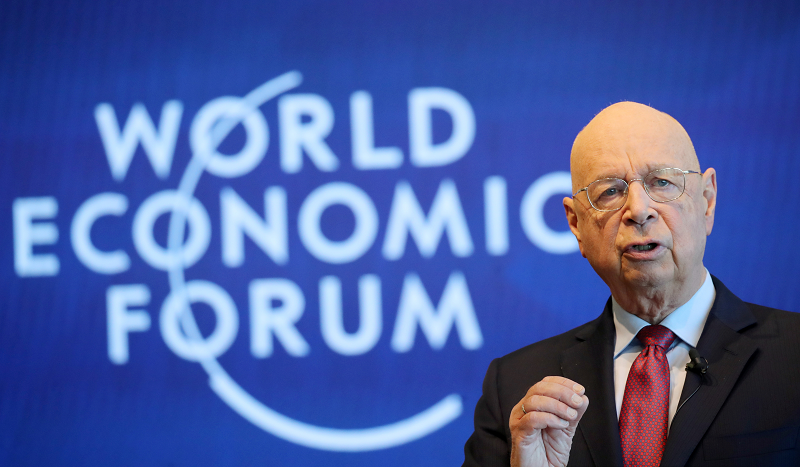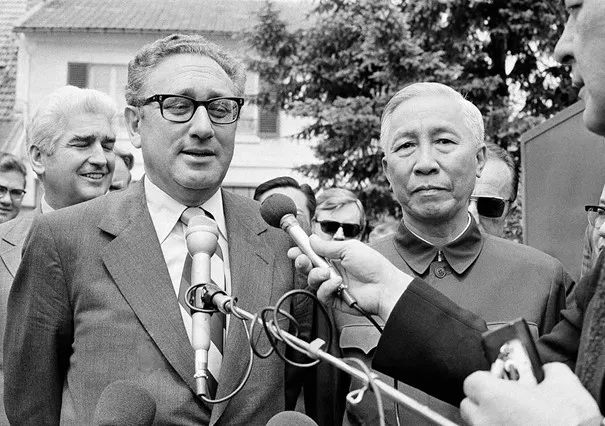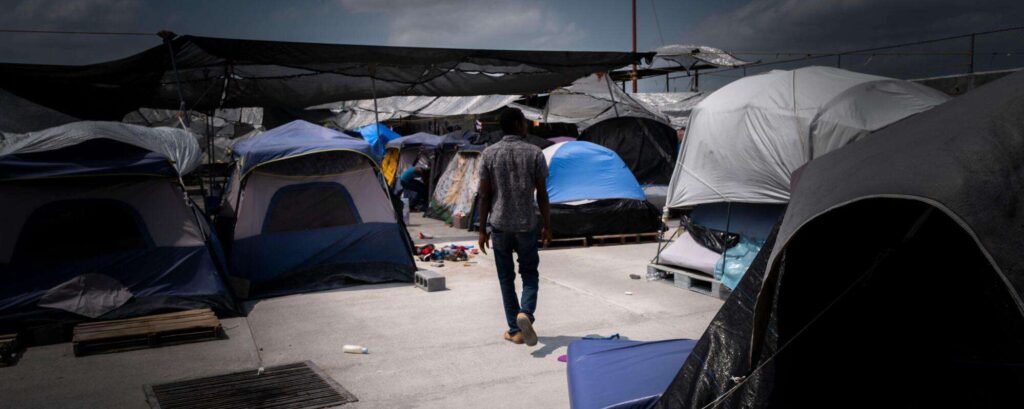Romania yields to the blackmail of Jewish organisations
The press of the whole world has reverberated with the news: Romania, after persistently saying that it had incurred no personal responsibility in what is conventionally called “the extermination of the Jews” (or “the Holocaust” or “the Shoah”), has at last seen the error of its ways and is set to do penance. In France, Le Monde recently bore the headline, “Romania formally acknowledges its participation in the extermination of the Jews” (article by Mirel Bran, 17 November 2004, p. 7).







